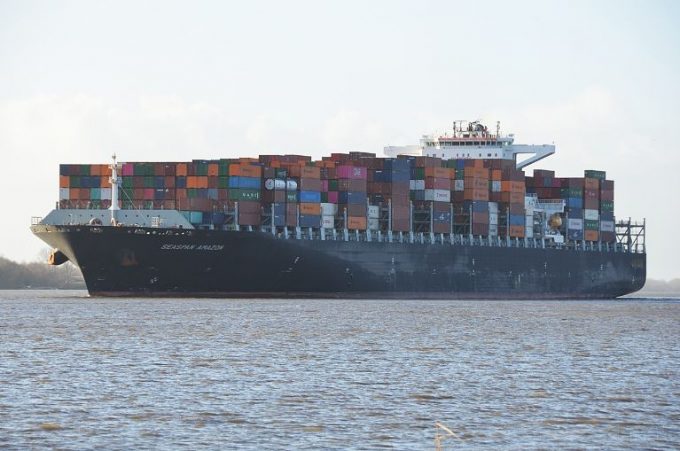IMO negotiations recap – pros and cons
It’s a delicate balancing act

Hapag-Lloyd and non-operating shipowner Seaspan have announced a $120m investment to retrofit five 10,000 teu vessels to run on methanol.
Sister ships Seaspan Amazon, Seaspan Ganges, Seaspan Thames, Seaspan Yangtze and Seaspan Zambezi were built in 2014 and equipped with MAN S90 engines that burn conventional fuel, but will be converted to dual-fuel engines capable of switching to methanol.
The project will launch in the first quarter of 2026, with the retrofitting process expected to take 80-90 days per ship. Following the ...
Keep our news independent, by supporting The Loadstar
Volume surge and an early peak season? 'Don't celebrate too soon,' warning
Container spot rates diverge: to Europe still falling, but firmer to the US
Hapag-Lloyd won't take bookings if port congestion leaves cargo stranded
Ecommerce likely the front-runner in resurge of transpacific trade after deal
China-US trade tariff pause could drive a rebound for transpacific rates
Service chaos from trade ban with India a problem for Pakistan shippers
Shippers should check out the 'small print' in China-US tariff cuts
Airfreight rates ex-China 'loss-making', but hopes of a trade deal stay high
Carriers impose 'emergency operation' surcharges on Pakistan cargo
Serious threat to jobs in US logistics as tariffs cause economic 'stagflation'
15% rebate for box ships as Suez Canal Authority woos carriers
White House u-turns see freighters flying but keep logistics players on their toes
MSC in terminal switch as Nhava Sheva gets strong start to new fiscal year
Peak season or recession? Forwarders and shippers need to 'stay flexible'
Volga-Dnepr claims 'pirate' Canada has 'hijacked' its stranded aircraft

Comment on this article